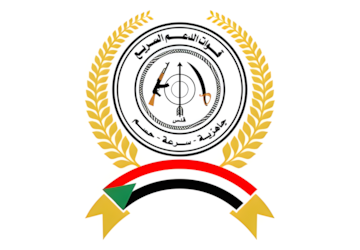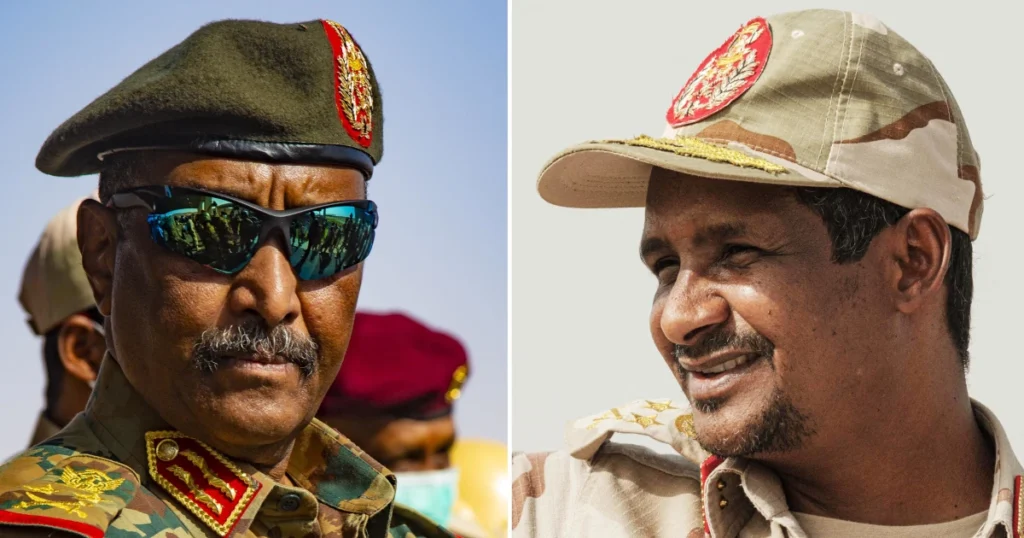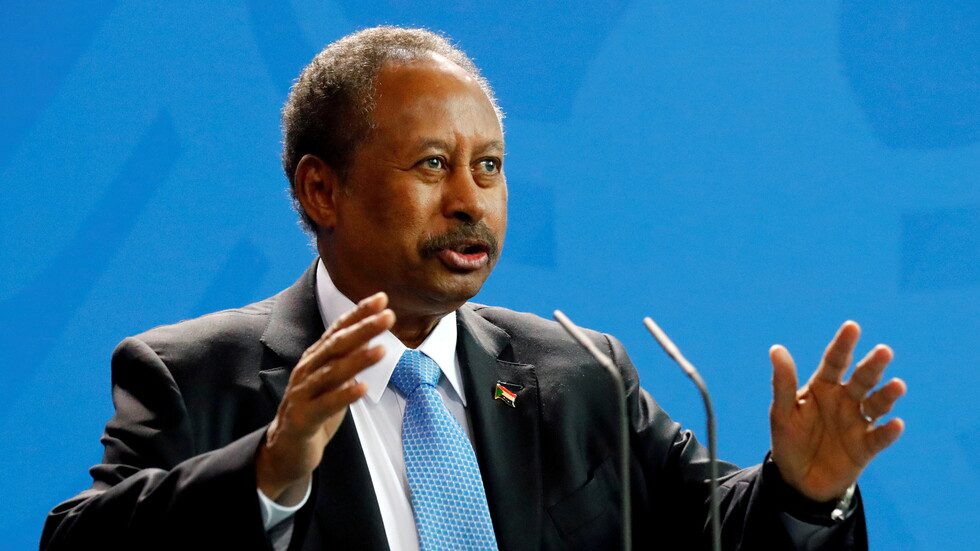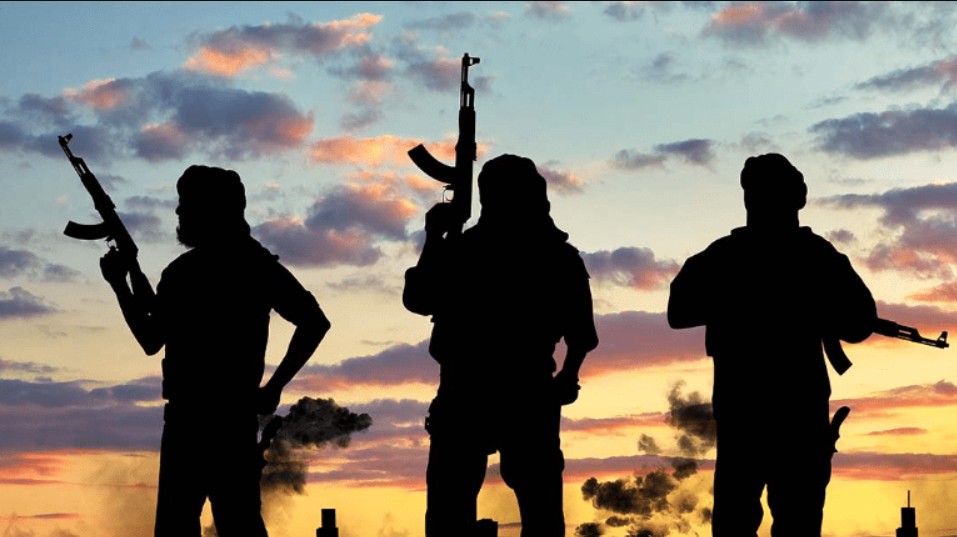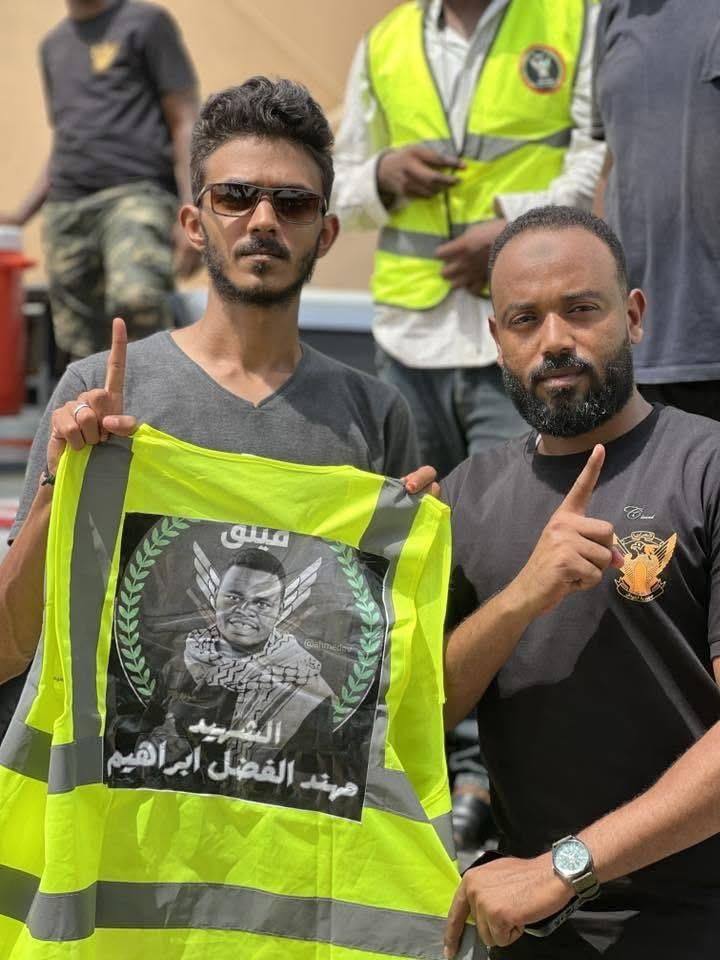
Sudan’s Islamist movement is reassembling a dual structure that pairs an armed wing with a civilian service network across SAF-held areas, a report by SPT-Alrakoba said.
The report says the Bara bin Malik Battalion has emerged as a key combat unit aligned with Islamist leaders who lost formal power after the 2019 uprising, alongside continued influence over the state intelligence apparatus.
In parallel, a “Civil Support Sector” modeled on Hamas’ support units in Gaza is administering services in areas under General al-Burhan’s army (SAF) control, the report said, citing Islamist sources. The remit ranges from relief distribution and hospital rehabilitation to cleaning campaigns, school and road repairs, electricity and water maintenance, and agricultural inputs.
Offices tied to the sector operate in 11 states and fly the battalion’s flag, according to the report.
The sector is overseen by former vice president Ali Osman Mohamed Taha, with Islamic Movement secretary-general Ali Karti and National Congress Party chief Ahmed Haroun — wanted by the International Criminal Court — in supporting roles, the report said. In June, “mujahid” Mohamed Abbas Mohamed was appointed to lead the sector with two deputies and 11 state-level aides.
Funding comes from undisclosed state maintenance and service budgets in each state and from donations by Islamist members, which the report says are routed to a Bank of Khartoum account in the name of Jubeir Ahmed Al-Sadiq, identified as the sector’s financial officer.
Opponents quoted in the report call the structure a covert return to power. Babiker Faisal of the Sumoud alliance said Islamists were “hiding behind fronts,” with the Bara bin Malik militia as a public face. Former justice minister Nasredeen Abdulbari argued the sector is a vehicle to re-embed Islamists in the civil service after the Oct. 25, 2021 coup.
A retired SAF general warned that letting the network expand would legitimise “unruly armed militias” within the state, calling it a “existential threat” to Sudan.

